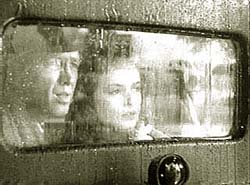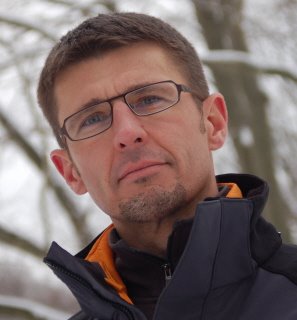
What a great time this festival is. An emphasis on screenwriting, plenty of A-listers, good parties, and room for the small production companies and even screenwriters like me. Watch for more entries, in particular one on theme from a panel discussion on which Jay Craven said some very cogent things on the subject.
Aubrey Nealon. Entry: A Simple Curve.
Lizzie Gottlieb. Entry: Today's Man
Eric Daniel Metzgar. Entry: The Chances of the World Changing
Jason Matzner. Entry: Dreamland
The wide ranging discussion on Friday morning covered how the movies got made, how Canadian public funds affect production (Nealon is a Canadian), the personal and the political, and some tart, realistic comments on Indie vs. Studio. Here are some of the highlights as seen from an aspiring screenwriter's P.O.V. (me), despite having slept little the night before.
Matzner observed that there is no Indie vs. Studio, per se. There are various degrees of Indie and Studio. As you move up (or down) the scale toward Studio, you have more resources. And you relinquish control. The opposite is true at the Indie end of the scale. It was a pleasure to hear him state this as a matter of fact rather than outrage. Matzner admitted - his day job is in the story department at Universal - good projects get lost, betrayed, or abandoned.
Gottlieb candidly admitted that by making her first feature about her brother, she'd set herself bigger challenge than she'd imagined. It took her six years to film and edit, including interruptions. Material was no challenge, but finding the story she'd tell and her role in it required Solomonic decision-making. Narrative screenwriters can sympathize. After finding the story idea, what demands does this story make that bends convention to particulars? In response to a question about what her brother, the documentary subject, thought of the movie, she said, "He told me, 'It should have a montage. Many films have montages.' and the other thing he was said was, 'It should be much longer.'" And we think the A-listers like to see themselves on film.
Eric Metzgar told the kind of "I love life" stories that I relish. He and his producer met the documentary subject Richard Ogust at the airport to pick up rescued turtles. Because they are in bad shape when the turtles arrive, the men immediately left for Ohio where the turtles would be treated, driving all night. In the middle of the morning, conversation waned. The camera was off. The producer was asleep. Metzgar reported a sense of peace falling over him. He looked up and thought, "I can't think of anything better in the world." That's why any of us do this.



No comments:
Post a Comment